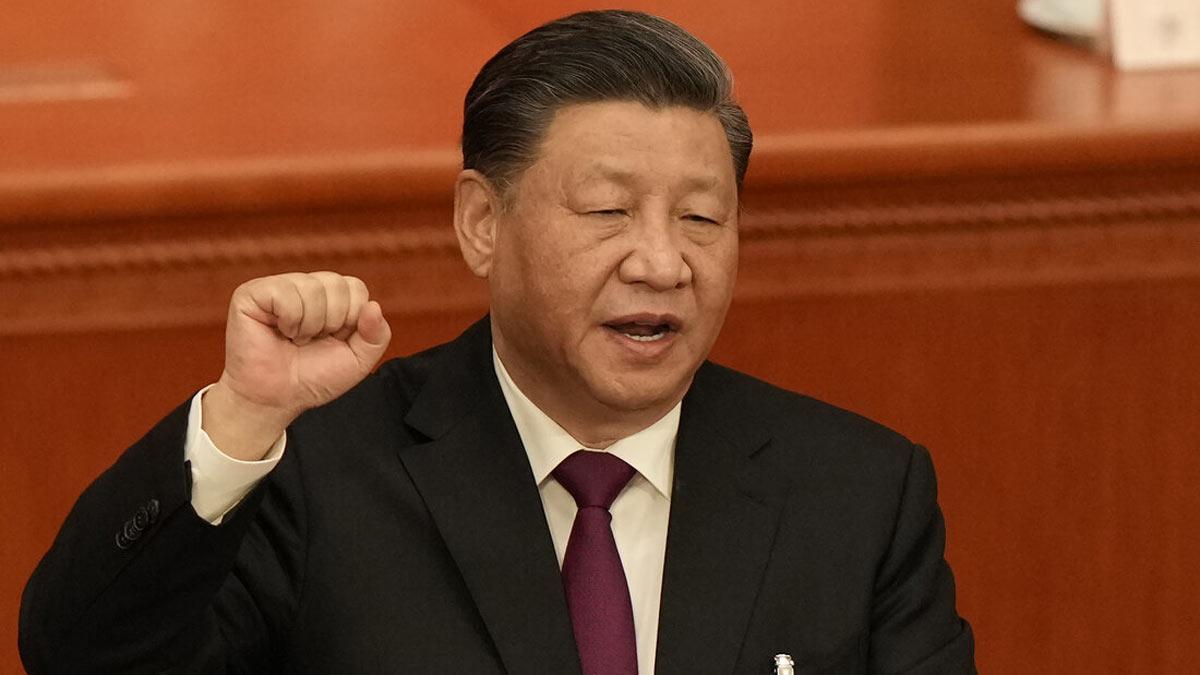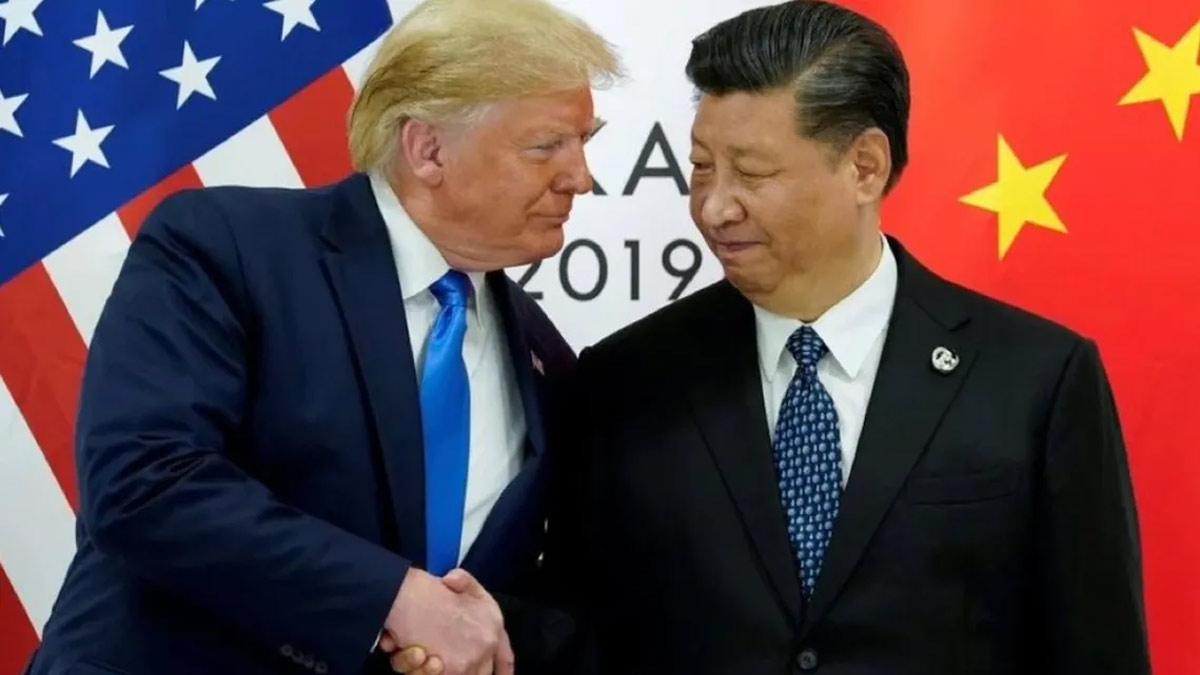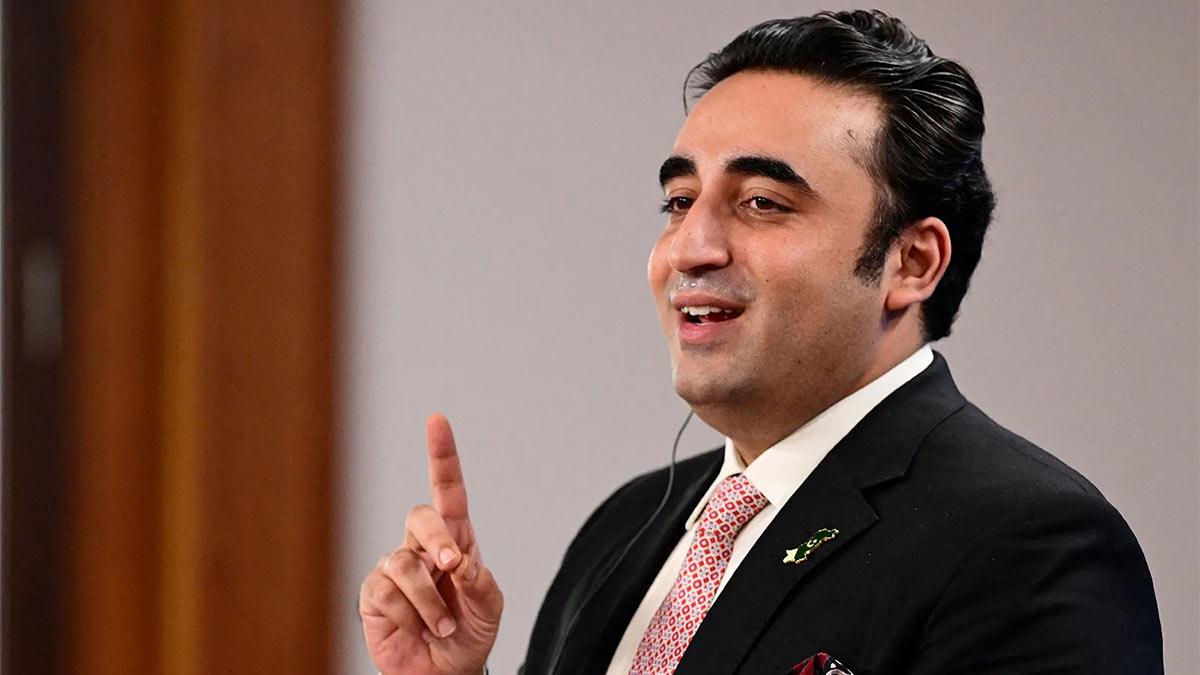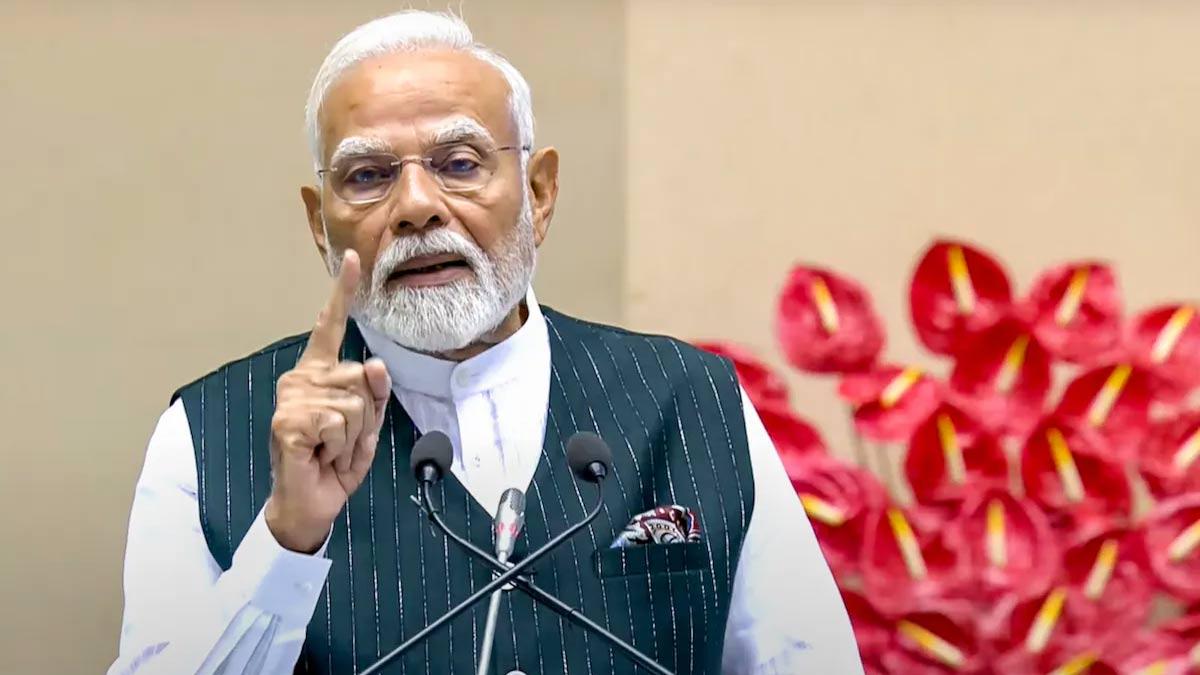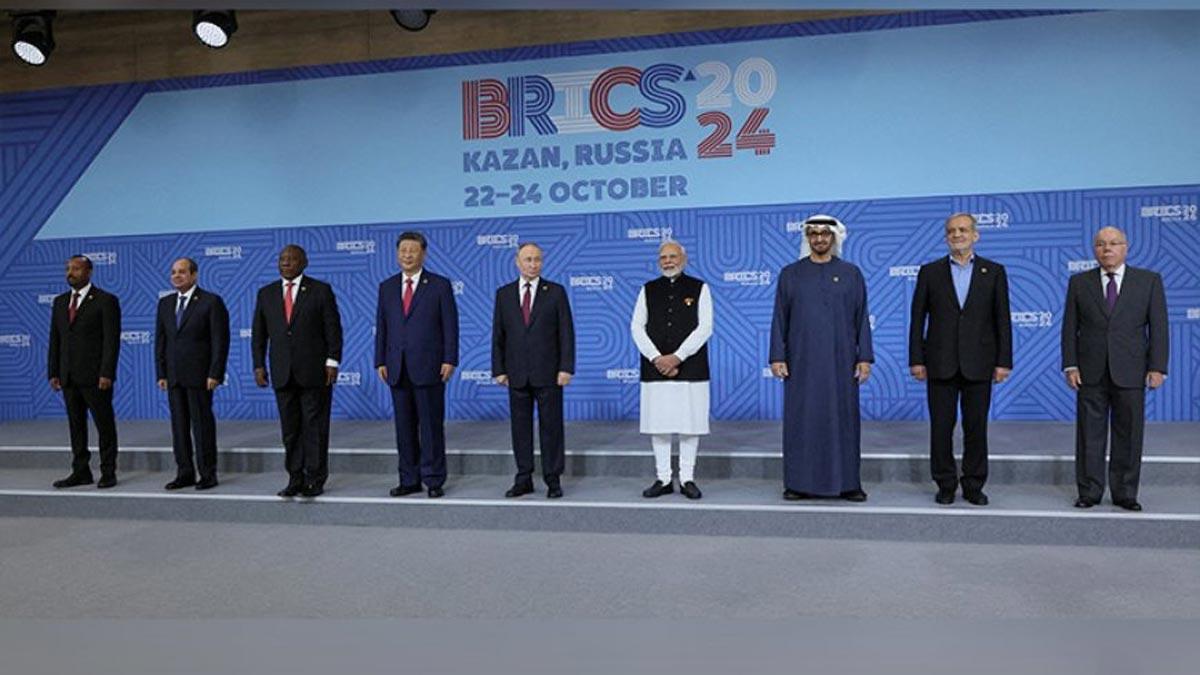On Monday, Chinese President Xi Jinping urged business tycoons to realize their potential to the full during a highly unusual meeting with billionaires such as Alibaba's founder Jack Ma, as part of an attempt to revive weakening business confidence and end the country's economic slowdown.
Ma, who had once been in poor relations with the Chinese Communist Party (CCP) and had spent some time in self-exile, was among the other high-profile corporate leaders present at the meeting. They included Lei Jun, founder and CEO of Xiaomi; Pony Ma Huateng, founder of Tencent; Wang Chuanfu, chairman of electric car manufacturer BYD; and Ren Zhengfei, chief of Huawei.
This private enterprise symposium, which was chaired by Xi, came as the world watched anxiously amid speculation about the possibility of Donald Trump's return to the presidency of the United States and the implications of his willingness to raise tariffs on Chinese exports. China's economic slowdown has also been a concern, as its GDP growth remained around 5 percent in recent years.
At the occasion, Xi urged the business leaders to grasp the moment and utilize their full potential, pointing out that private entrepreneurs need to join hands in establishing confidence and pushing forward the healthy and sustainable growth of the private sector.
The president assured the entrepreneurs that the government's basic policies on the private economy are now incorporated into the socialist system and are unshakable.
This symposium was the first of its nature since 2018, reflecting the continued adversity faced by the private sector. These are triggered by a combination of economic volatilities, rising geopolitical tensions with the US, and stern regulatory measures against a number of key Chinese conglomerates, as cited by the South China Morning Post, owned by Ma.
“Difficulties and challenges facing the private economy largely emerged in reform and industrial upgrades … They are temporary, not long-term ones. They can be overcome,” Xi said.
Xi Jinping also promised to promote central government backing for private enterprises, promising to remove barriers to equal competition and production in the market.
Resolving outstanding arrears payable to private firms and dealing with arbitrary fines and checks will be high on the agenda in the next period, Xi said, as quoted by the newspaper.
In 2019, Ma's surprise announcement to retire, saying he'd sooner die on a beach than behind his desk, fueled rumors that he was under pressure from the CCP. The CCP's stranglehold on China's top businesses prompted Ma to retreat.
His retirement, followed by the CCP's crackdown on monopolistic practices targeting major companies like Tencent and ByteDance, fueled rumors that Xi’s administration was aiming to curb the growing power of wealthy businesses in China.
However, Ma returned to China in 2023 after receiving assurances from Xi.
Chinese entrepreneurial and investor confidence remains muted by a slow pace of economic recovery, rising geopolitical tensions with the US, and prior regulatory crackdowns on top corporations for anti-competitive practices.
Even though Beijing has made repeated attempts in the last year to improve business confidence, such as bringing in new legislation to support and defend the private sector, these attempts have been countered by contradictory action at the local level.
Reports indicate that some local authorities, struggling with declining revenue from land sales, have levied huge fines on companies, a step that has been strongly criticized by central powers.
Read also| Trump Defies Legal Challenges: 'He Who Saves His Country Does Not Violate Any Law'
Read also| Rubio in Israel: Hamas Must Be Eradicated, Further Undermining Gaza's Fragile Ceasefire

